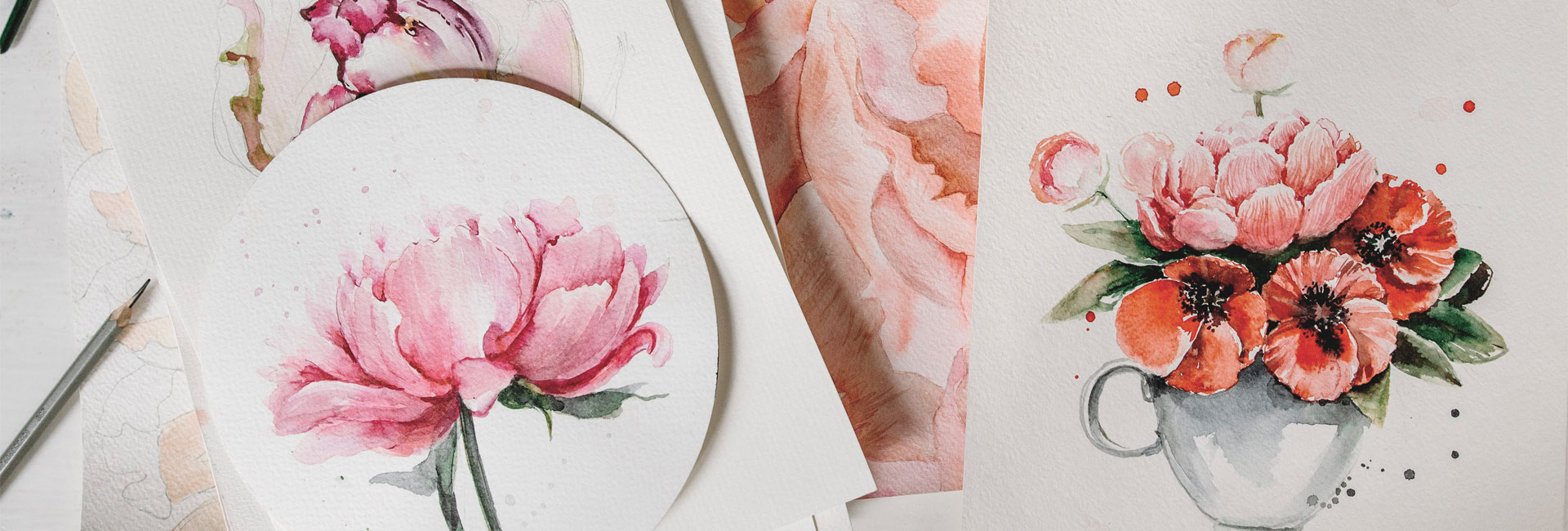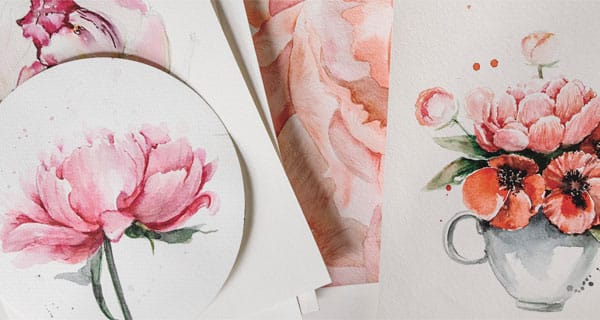
Credit: Pavel Danilyuk (Pexels)
Understanding Copyright Law and the Berne Convention
Have you ever poured your heart and soul into writing song lyrics, only to find them echoed in someone else’s music on social media? It’s a situation that can leave any artist feeling violated and wondering what solutions copyright law can provide. In this blog, we’ll explore how Australian copyright law works if you find yourself in this predicament.
Understanding Copyright in Song Lyrics
We are going to describe a fascinating scenario that we see all too common in the design world.
Imagine that an artist from Melbourne creates a stunning watercolour painting of native wildflowers. She proudly shares it online, only to discover months later that her artwork is splashed across bedding sets sold by a company in Germany. Sarah’s first thought? “Am I protected under copyright law, and whose rules apply here – Australia’s or Germany’s?” Let’s take a look…
The Berne Convention and International Copyright law
The first thing to look at is the Berne Convention.
This international agreement, which Australia is a part of, is like a lifeline for artists like Sarah when their work crosses borders. It ensures that your creative work is protected in all “member countries”, which includes both Australia and Germany. A more detailed list of member countries (as of November 2023 is set out in the article What countries are members of the Berne Convention?).
The Berne Convention and copyright protection overseas
Under the Berne Convention, Sarah’s rights are automatically protected in Germany the moment she created her artwork.
She doesn’t need to register her work.
Her watercolour painting, by virtue of being original and fixed in a tangible form (painted on paper), is protected under copyright law automatically from the get-go.
Australia vs. Germany: Whose Laws Apply?
Here’s where it gets interesting.
While the Berne Convention sets the stage, the local laws of the country where the infringement occurs (in this case, Germany) play out the scene. So in this case the copyright laws in Germany apply because that is where the artwork was copied and sold.
But Germany, like Australia, respects the Berne Convention. This means Sarah’s rights should be recognised and enforceable there. The laws might however be a bit different to Australia’s copyright laws.
Taking Action: Writing to the German Company
So, what can Sarah do? She can write to the German company, asserting her copyright. The key here is to be clear that she owns the copyright to the artwork and that they’re using it without permission. She would be making a legal assertion of her rights under the Berne Convention.
The best thing for her to do is to use a law firm as it does get a bit complicated at this stage.
Online Doesn’t Mean Free-for-All
All of this brings us to an essential point and that is, just because something is online doesn’t mean it’s up for grabs. Whether it’s a digital painting, a photograph, or a catchy tune, if you created it, you own it. And that means that you have the right to protect it and prevent unauthorised use in Australia or any country that is a member of the Berne Convention.
Three Tips to Safeguard Your artworks from being copied
We generally advise artists as follows:
- Use Copyright Notices. While this is not mandatory, using the © symbol followed by your name and the year of creation can help act as a deterrent to would-be copycats.
- Keep Your Eyes Peeled. Regularly do reverse image searches on Google for your work. It’s a simple way to check if someone’s using your work without your nod.
- Stay Informed. Laws and digital platforms evolve. Keep abreast of changes that might affect your rights and how you manage your work.
Conclusion: Knowledge is power and can help you prevent “copywrongs”
Understanding the Berne Convention and how copyright law works internationally empowers you to protect your creative endeavours, including in most cases, where they end up in the world.
Remember, your creativity is your intellectual property, and it deserves protection. So, keep creating, keep sharing, and most importantly, keep protecting your work!
Please note the above article is general in nature and does not constitute legal advice.
Please email us info@iplegal.com.au if you need legal advice about your brand or another legal matter in this area generally.


